The new research changing what we know about the first Americans
Humans may have reached the Americas thousands of years earlier than previously thought
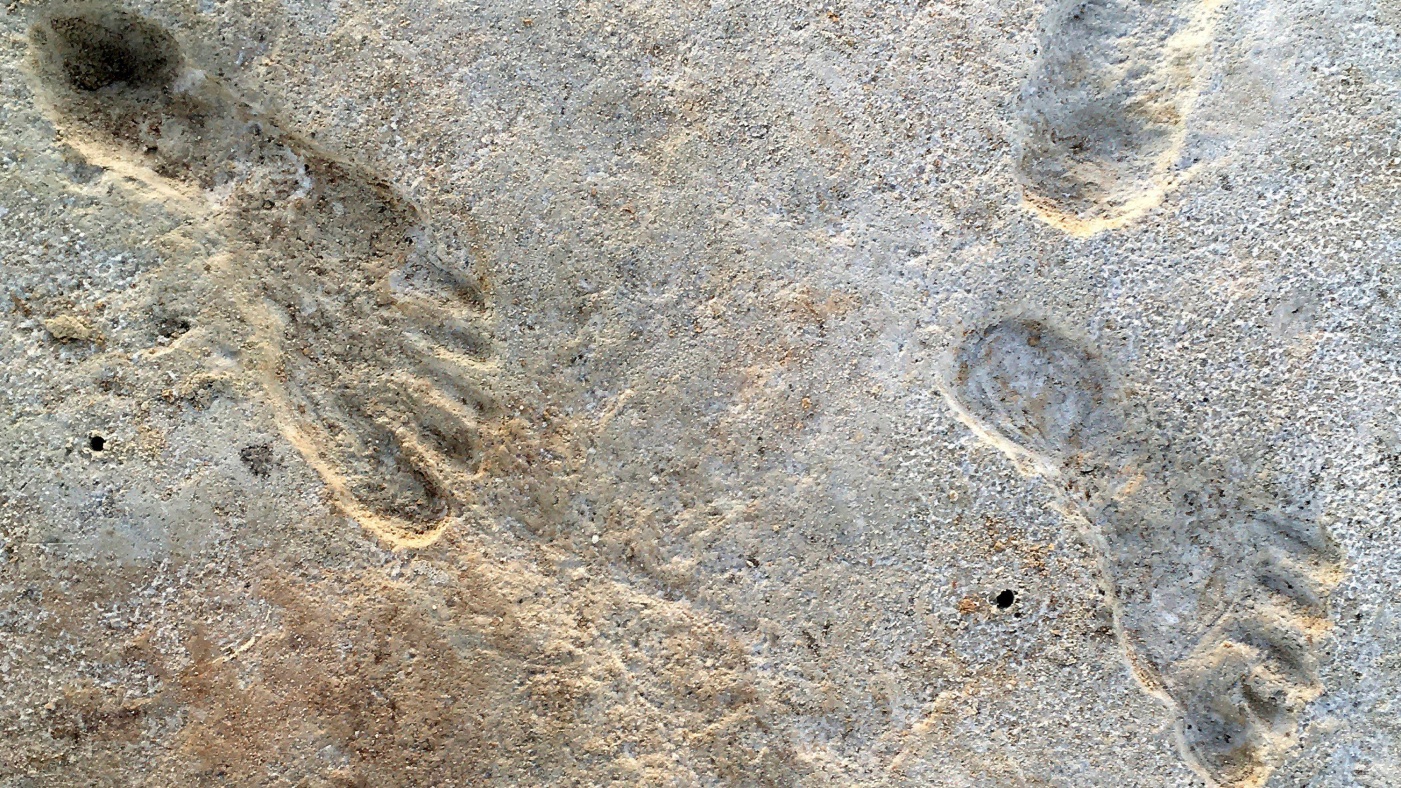
New research suggests the first Americans may have reached the New World thousands of years earlier than initially thought.
The "Clovis First" theory suggested that the Clovis people were the first to cross the Bering Land Bridge that once connected Asia with North America at a time when sea levels were lower, more than 10,000 years ago.
But new research has found that the arrival of the "first Americans" may have been much earlier, said Live Science. Recent genetic studies suggest that humans could have arrived in the Americas around 20,000 to 23,000 years ago, descending from Ancient North Siberians and East Asians. And other archaeological discoveries "hint that people may have reached the Americas far earlier than that".
The Week
Escape your echo chamber. Get the facts behind the news, plus analysis from multiple perspectives.

Sign up for The Week's Free Newsletters
From our morning news briefing to a weekly Good News Newsletter, get the best of The Week delivered directly to your inbox.
From our morning news briefing to a weekly Good News Newsletter, get the best of The Week delivered directly to your inbox.
'By foot, by watercraft or both'
Archaeological sites such as White Sands National Park in New Mexico point at human presence in the Americas even earlier, with fossilised footprints indicating this could have been up to 26,500 years ago.
Sites like the one in New Mexico could have "big implications" for how the first people arrived in the Americas, added Live Science. With the first ice-free corridor thought to have fully opened only 13,800 years ago, it is likely that the first Americans travelled along the Pacific coast, a journey that could have been made by "foot, by watercraft, or both".
No archaeological proof of boat journeys has yet been found, but there is "evidence that suggests that people had the capability to do large ocean crossings", according to David Meltzer, professor of prehistory at Southern Methodist University in Dallas. For example, people used boats to reach Australia by around 50,000 years ago.
'Oldest known jewellery in the Americas'
Further recent archaeological findings suggest that "what is now central-west Brazil was settled as early as 27,000 years ago", meaning that the first Americans may have inhabited the continent during the Ice Age, said The New York Times.
A free daily email with the biggest news stories of the day – and the best features from TheWeek.com
That is the conclusion of a paper published in the journal Proceedings of the Royal Society B, which was based on the analysis of three bones from an extinct giant ground sloth. The sloth bones, discovered 28 years ago in the Santa Elina rock shelter, "showed signs of having been modified into primordial pendants", said the NYT, "with notches and holes that researchers said could only have been created by people".
It would make the sloth bones "the oldest known jewelry unearthed in the Americas" and possibly the earliest known evidence of human occupation in the Americas.
Sorcha Bradley is a writer at The Week and a regular on “The Week Unwrapped” podcast. She worked at The Week magazine for a year and a half before taking up her current role with the digital team, where she mostly covers UK current affairs and politics. Before joining The Week, Sorcha worked at slow-news start-up Tortoise Media. She has also written for Sky News, The Sunday Times, the London Evening Standard and Grazia magazine, among other publications. She has a master’s in newspaper journalism from City, University of London, where she specialised in political journalism.
-
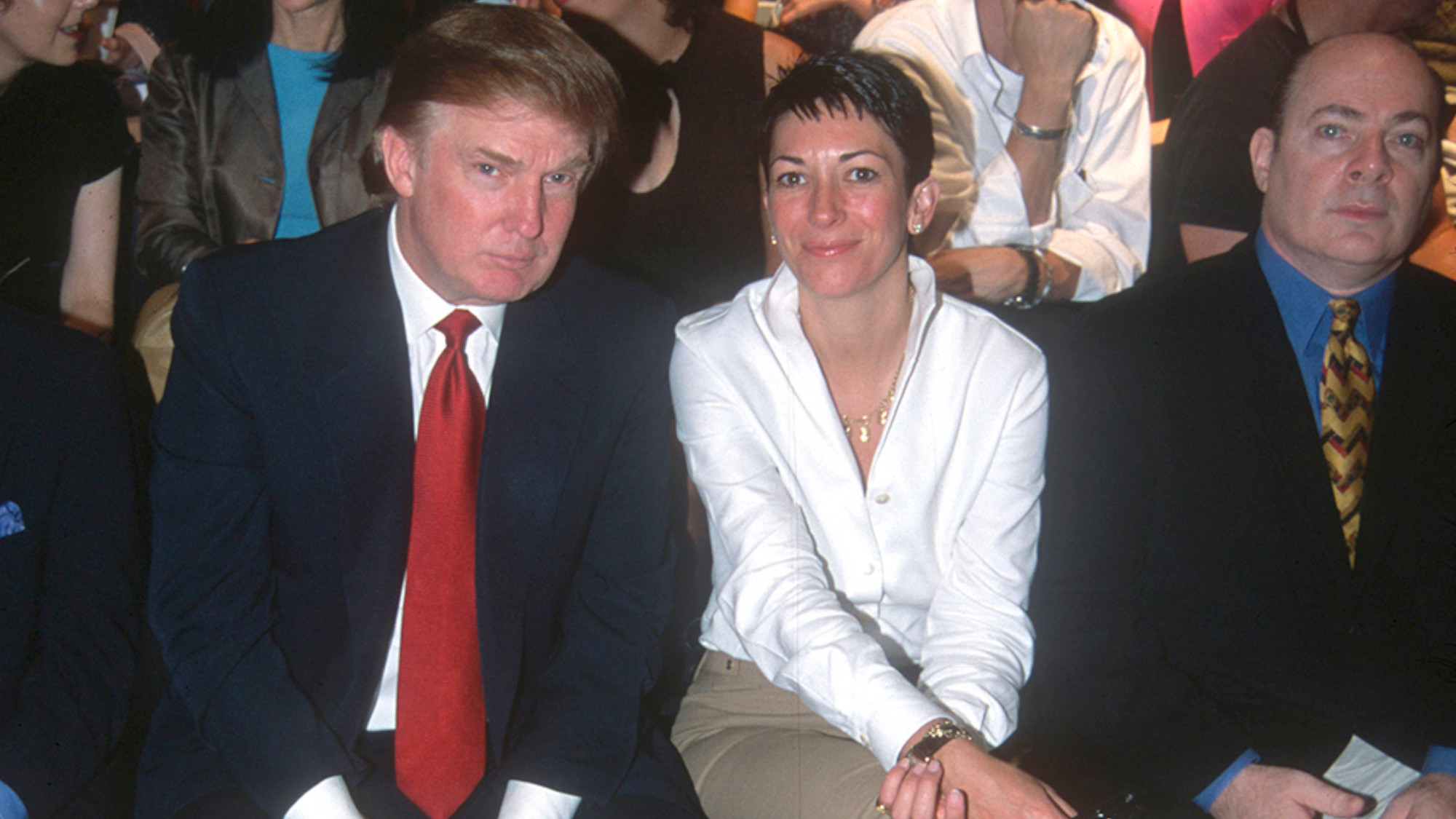 Epstein files: Maxwell courts a pardon
Epstein files: Maxwell courts a pardonFeature A new prison transcript shows Ghislaine Maxwell praising Trump as 'a gentleman' while denying his involvement in the Epstein scandal
-
 Pentagon readies military deployment in Chicago
Pentagon readies military deployment in ChicagoFeature The Pentagon is preparing to deploy thousands of Illinois National Guard members to Chicago after Trump threatened to send troops into other major cities
-
 Trump: Taking over the private sector?
Trump: Taking over the private sector?Feature Donald Trump has secured a 10% stake in Intel using funds from the Biden-era CHIPS Act
-
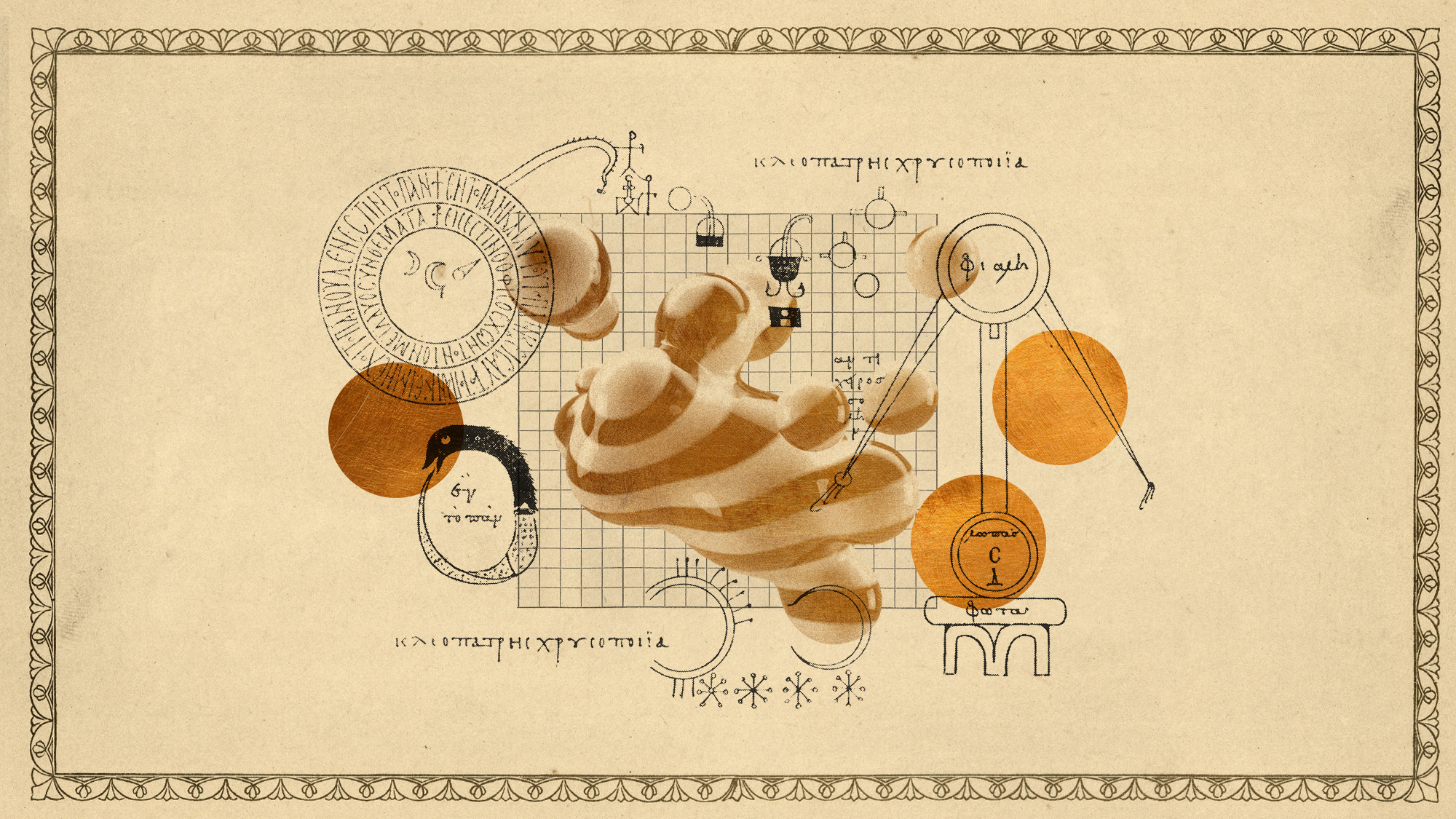 Atoms into gold: alchemy's modern resurgence
Atoms into gold: alchemy's modern resurgenceUnder the radar The practice of alchemy has been attempted for thousands of years
-
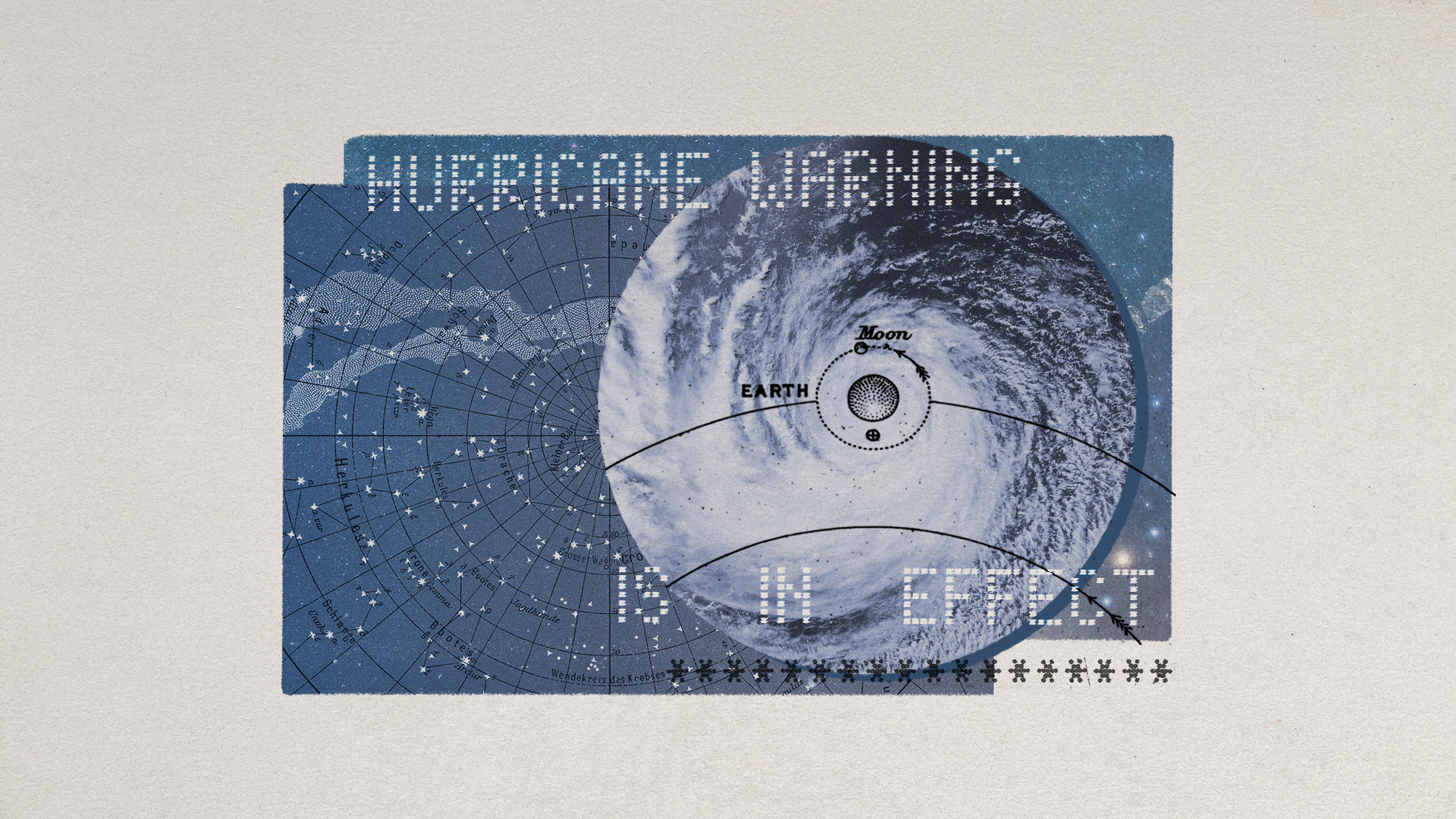 Hurricanes are not exclusive to Earth. They can happen in space.
Hurricanes are not exclusive to Earth. They can happen in space.Under the radar These storms may cause navigational problems
-
 Bad news, alpha males. You likely don't actually exist.
Bad news, alpha males. You likely don't actually exist.Under the radar Most primate communities are egalitarian
-
 Retro tomatoes: a species of the plant is evolving backward
Retro tomatoes: a species of the plant is evolving backwardUnder the radar Environmental factors may play a role
-
 How mice with two dads bring us closer to two men having a child of their own
How mice with two dads bring us closer to two men having a child of their ownThe Explainer Science breakthrough produces healthy, fertile mice from two sperm cells and an empty egg
-
 Bacteria can turn plastic waste into a painkiller
Bacteria can turn plastic waste into a painkillerUnder the radar The process could be a solution to plastic pollution
-
 Scientists want to regrow human limbs. Salamanders could lead the way.
Scientists want to regrow human limbs. Salamanders could lead the way.Under the radar Humans may already have the genetic mechanism necessary
-
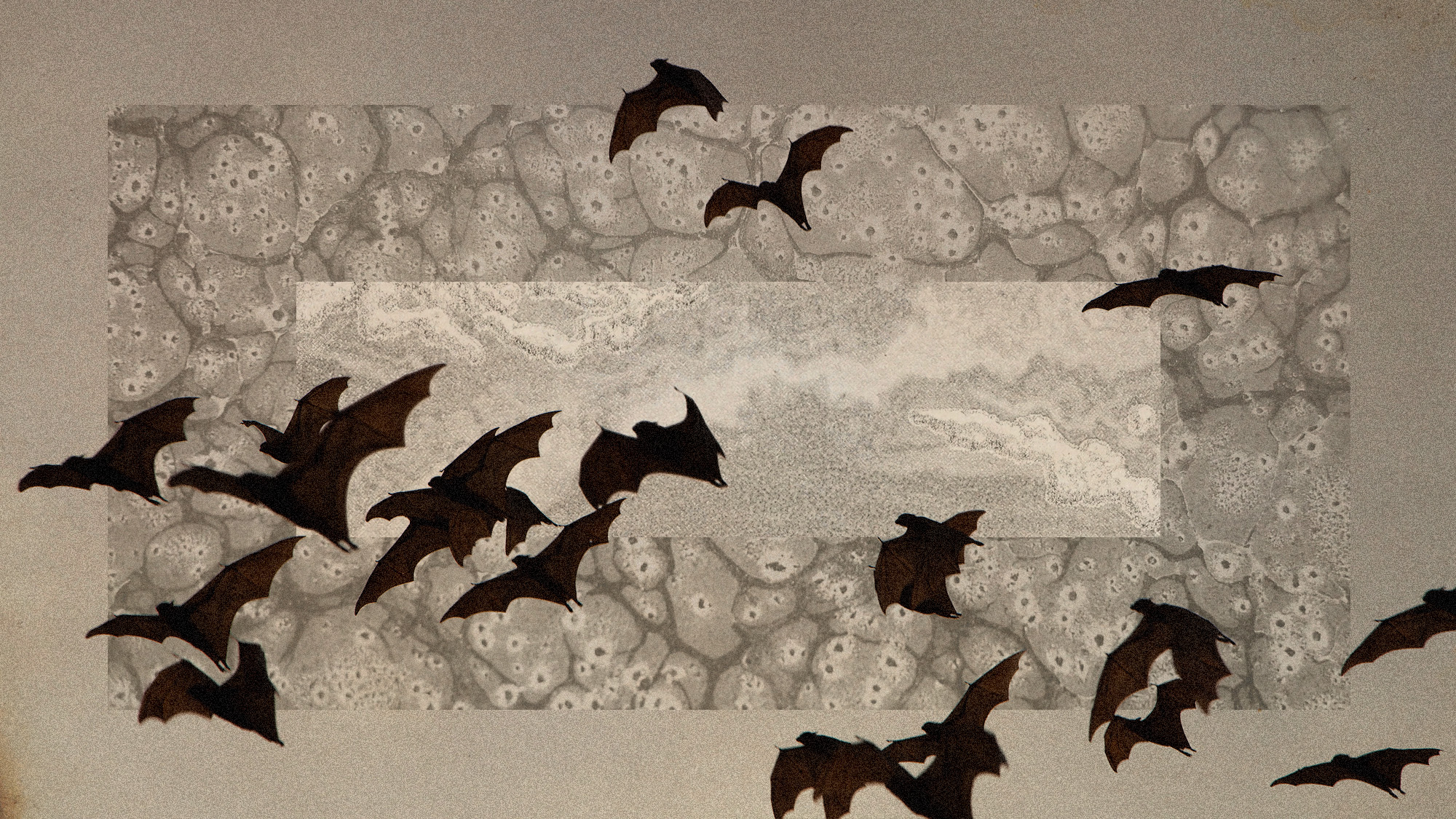 A potentially mutating bat virus has some scientists worried about the next pandemic
A potentially mutating bat virus has some scientists worried about the next pandemicUnder the Radar One subgroup of bat merbecovirus has scientists concerned